In the context of major study abroad destinations having changes in policies, social license is something international students need to pay attention to in order to prepare for a smooth admission journey to a foreign school.

Parents and students talk with New Zealand school representatives at an event organized by the country's government in October.
What is social license?
Rapid growth in student numbers and the pressure on social infrastructure are believed to be the main reason why some popular study abroad destinations are changing their policies. But the root problem lies in the social license of international education in these countries, a factor that is often overlooked when parents and students consider choosing a study abroad destination.
The social license for international education is a concept that refers to the public recognition of the internationalization of education, the extent to which local people recognize the role of international students as well as accept, welcome, and support them during their studies in the host country. The social license can be severely tested during times of pandemic, economic hardship, or when facing a housing crisis, as is happening in many countries today.
This is an issue that educational institutions must pay attention to if they want to welcome international students, because the expectations and recognition of local communities have a key influence on the learner experience in that country. At the national level, strengthening social license plays a huge role in implementing international education strategies.
Rediscovering social license
In Australia, claims that international students are fuelling a housing crisis have been cited as one of the reasons for changes to the country's student visa policy.
For example, according to data from the Australian Department of Education, there were 328,089 international students studying in the country in 2023, including 146,220 at public universities. However, statistics from the Property Council of Australia show that there are less than 130,000 student dormitory beds. These beds are not only for international students but also for domestic students, meaning that many students have to find rental housing in the private market. The Australian Department of Education estimates that international students account for nearly 7% of the rental market, and higher in inner-city areas.
Meanwhile, the Student Housing Council has taken the opposite stance, releasing a report that suggests international students make up just 6% of the rental market, mostly concentrated in the central business district. Furthermore, the Student Housing Council claims that rents have skyrocketed since 2020, when there were no international students in Australia. The cap on international students would essentially only reduce the rental market share by 1% and reduce average CBD rents by around $5 a week.
By rallying public support for new policies to regain social licence for international education, Australia is sending a message that the huge contributions of international students to the economy are not valued, despite the fact that international students contribute AUD 48 billion, equivalent to 25% of the island nation's GDP.

According to experts, many countries are seeking to regain social license for international education, especially in Australia and Canada.
Similarly, in Canada, there will be more than 1 million international students by the end of 2023, up 29% from the previous year. The government has implemented measures to limit the number of new study permits issued since January 2024 and expects to issue only 437,000 new permits in 2025. According to experts, the government's tough stance on capping international student enrollment comes from the fact that international students are not voters, so they are considered an easy target.
While stricter visa policies may initially discourage many international students, in the long run, the international education sector will self-regulate, making great strides in strengthening its social license, demonstrating the benefits of diversity and inclusion, and gaining community support for international students.
The problem is that during this transition period, countries must do everything possible to avoid losing the trust of international students and ensure the best interests of those currently studying.
Why care about social license?
When choosing a study abroad destination, most people often only pay attention to the quality of education, costs, work benefits... However, if they also pay attention to indicators related to the social license for international education of that destination, parents and students can receive important information about the views of local people towards international students, thereby considering the suitability of the living and studying environment here.
The UK and New Zealand are the only two countries that measure these indicators. A new survey has found that six in 10 people in the UK believe that international students bring significant benefits to the economy. Some 41% of respondents believe that the benefits of international students outweigh the costs, and some 58% want the number of international students in the UK to stay the same (43%) or increase (15%).
Meanwhile, 77% of New Zealanders believe the country should welcome the same number of international students (36%) or more (41%). Education New Zealand’s 2024 annual survey found that 82% of people agreed that international students contribute to cultural diversity, 79% felt that international students help local students learn about other cultures and lifestyles, and contribute to local businesses during their studies.
The understanding and support of local people for international students is a factor that ensures a warm welcome from the local community and social interactions and relationships during the study process. When accepted, respected and supported, international students can more easily integrate into the new environment, creating favorable conditions for studying. This is also the premise for policies to promote the growth of the number of international students.
The US does not have its own international education strategy.
Considered the most popular study abroad destination today due to changes in study abroad policies of many countries, the US has attracted 1,126,690 international students to study at colleges, universities or participate in optional practical training (OPT) programs in the 2023-2024 academic year, according to the recently released Open Doors 2024 report. This is the highest level ever and an increase of 7% compared to the previous academic year.
Analysis by the Association of International Educators shows that international students contribute $43.8 billion and support 378,175 jobs in the 2023-2024 academic year. That means every three international students enrolled in the U.S. will create or support one job. However, the U.S. is currently the only country without a dedicated international education strategy. Despite this, there is growing public discussion about immigration policy, the disparity in visa approval rates between countries, and how to mobilize talent through international education.
Source: https://thanhnien.vn/mot-yeu-to-thuong-bi-bo-qua-khi-chon-diem-den-du-hoc-giay-phep-xa-hoi-185241127101324105.htm










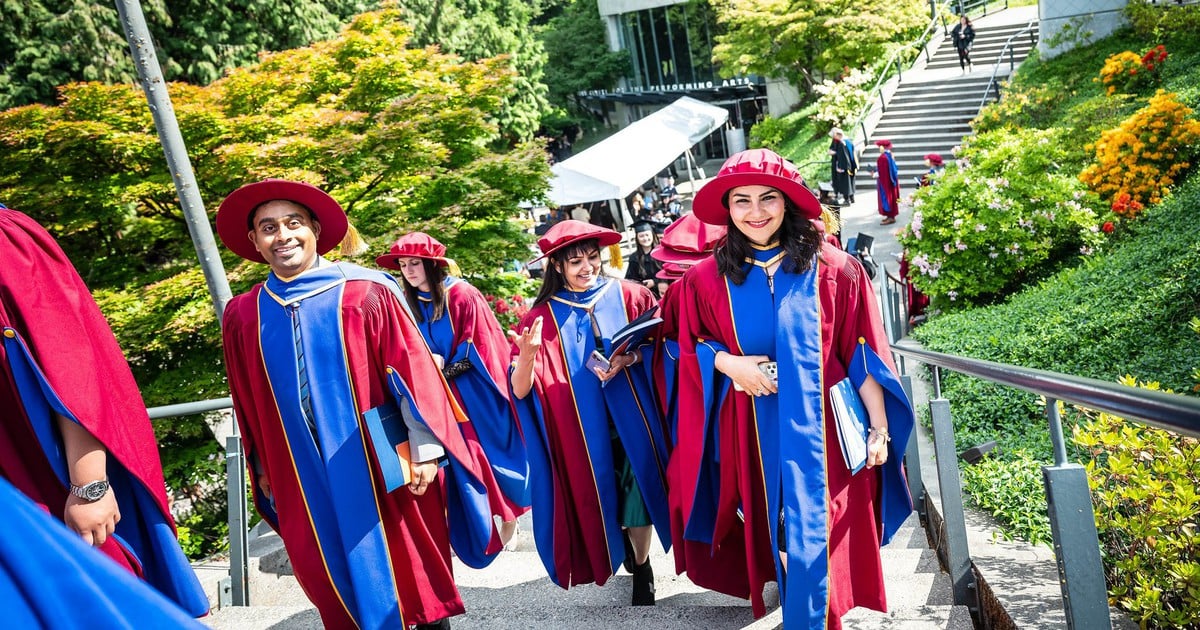




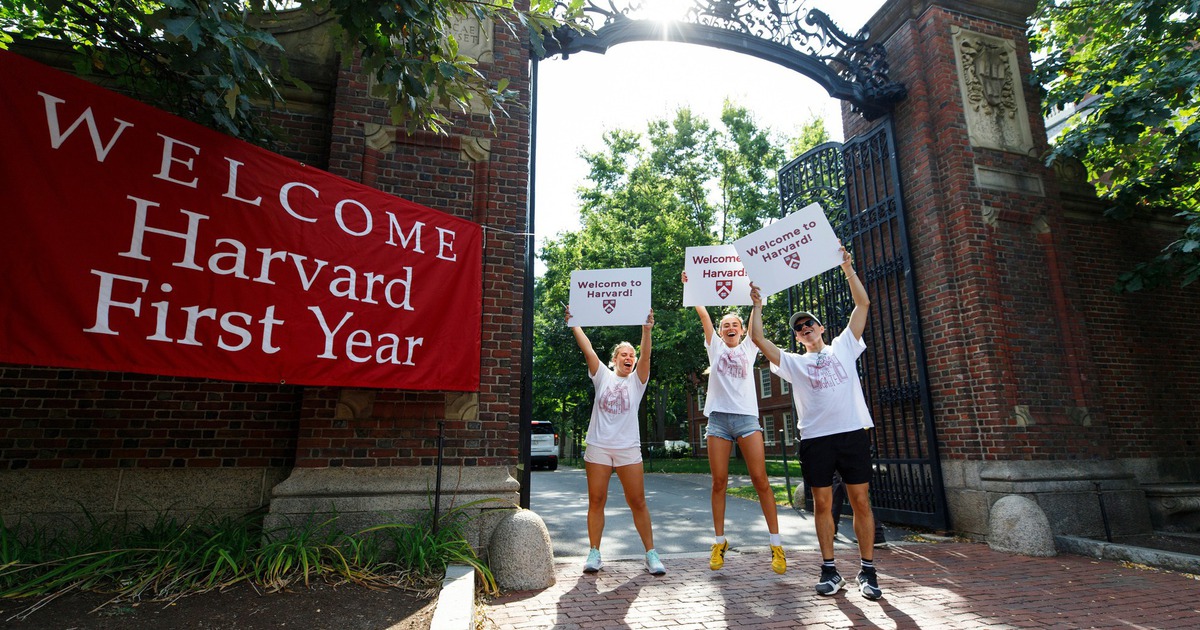


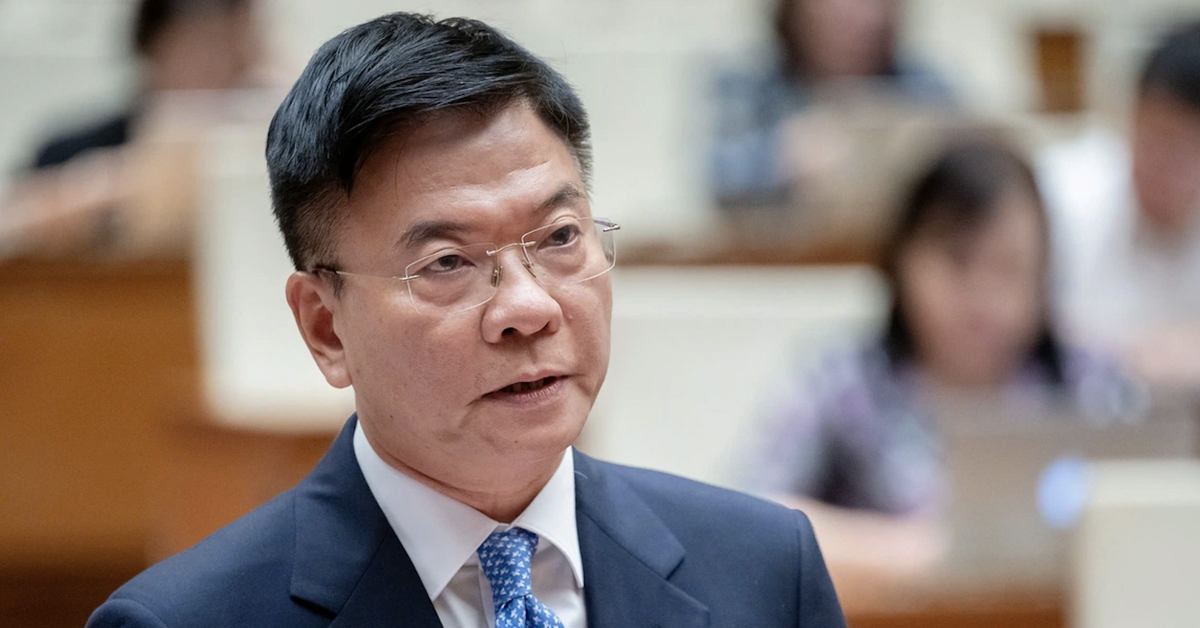

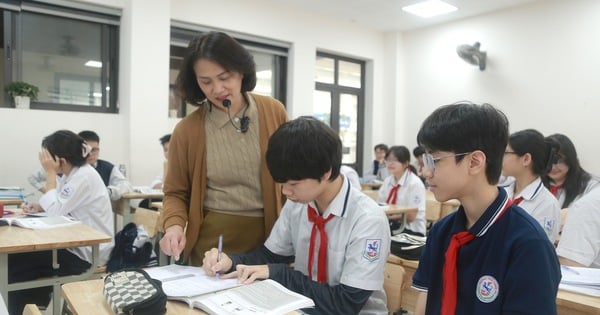

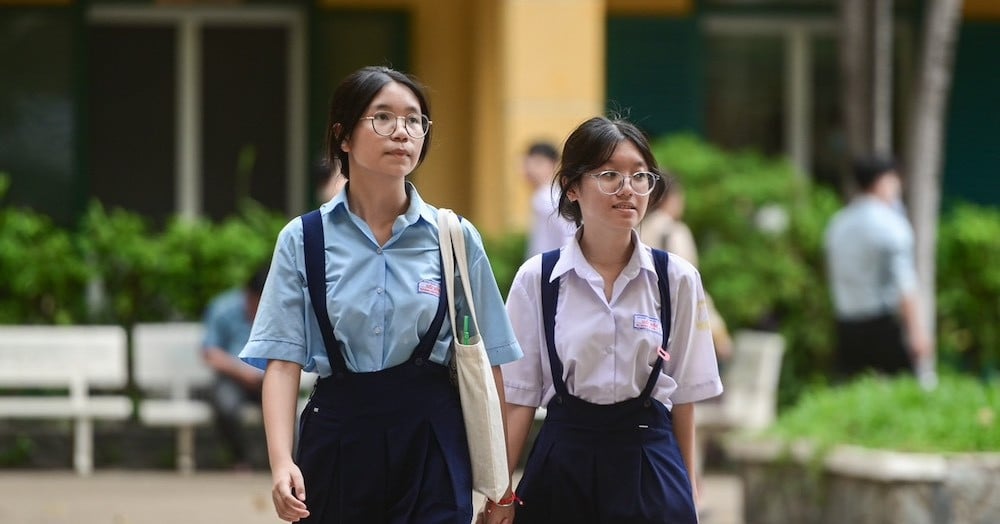


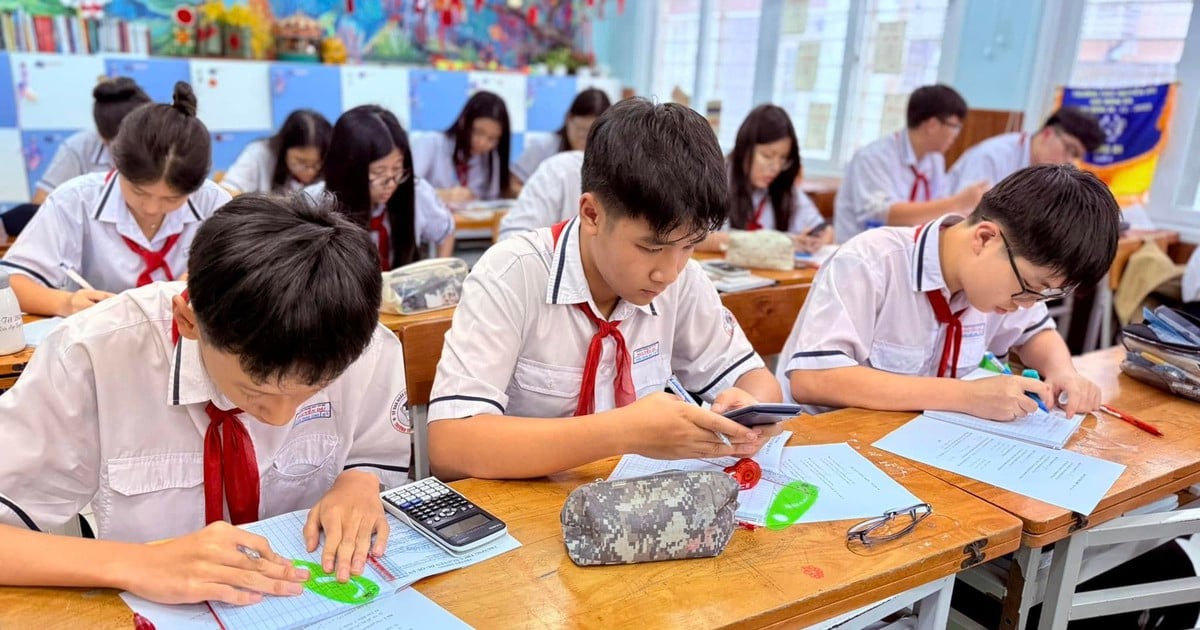
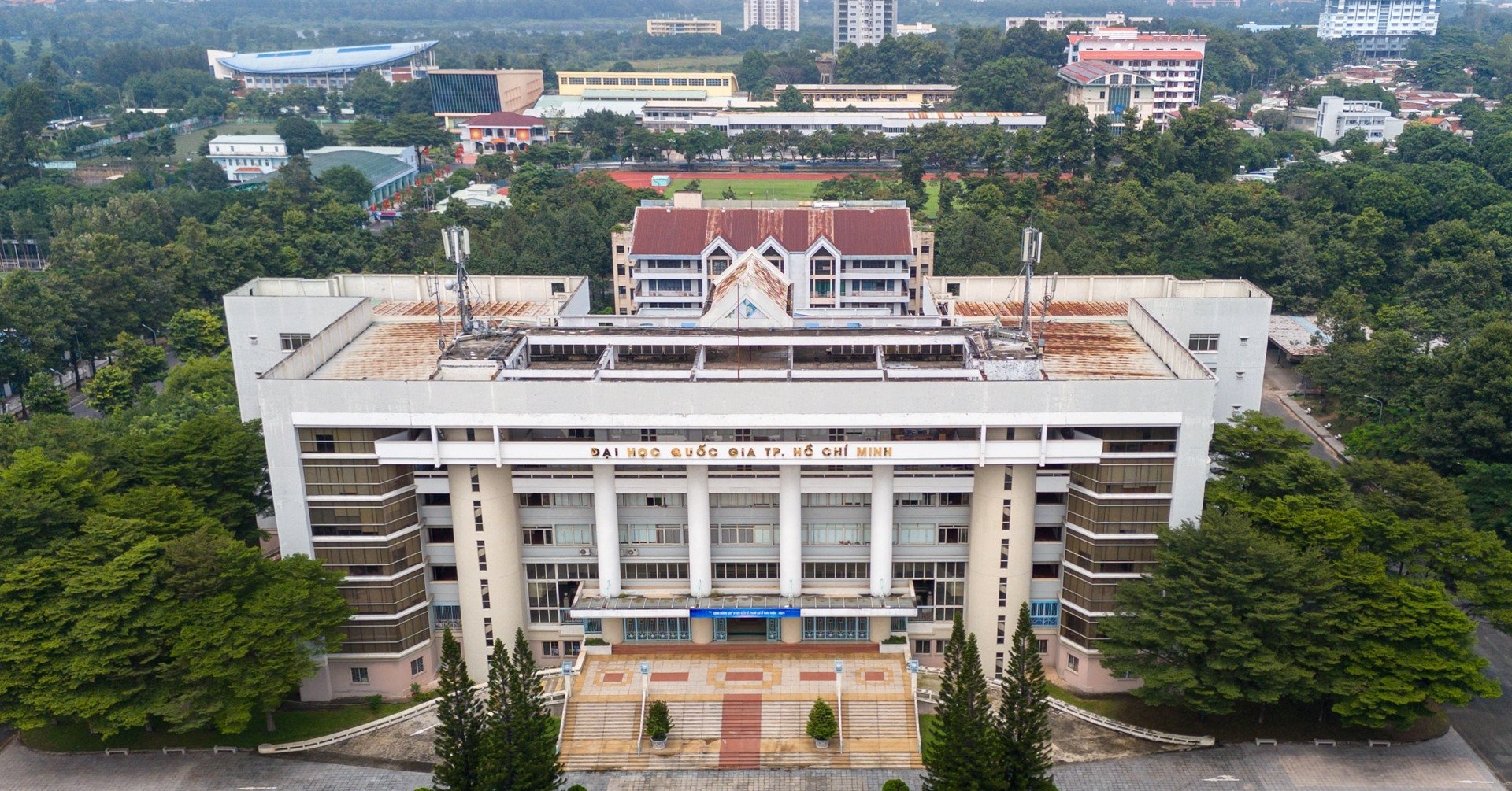


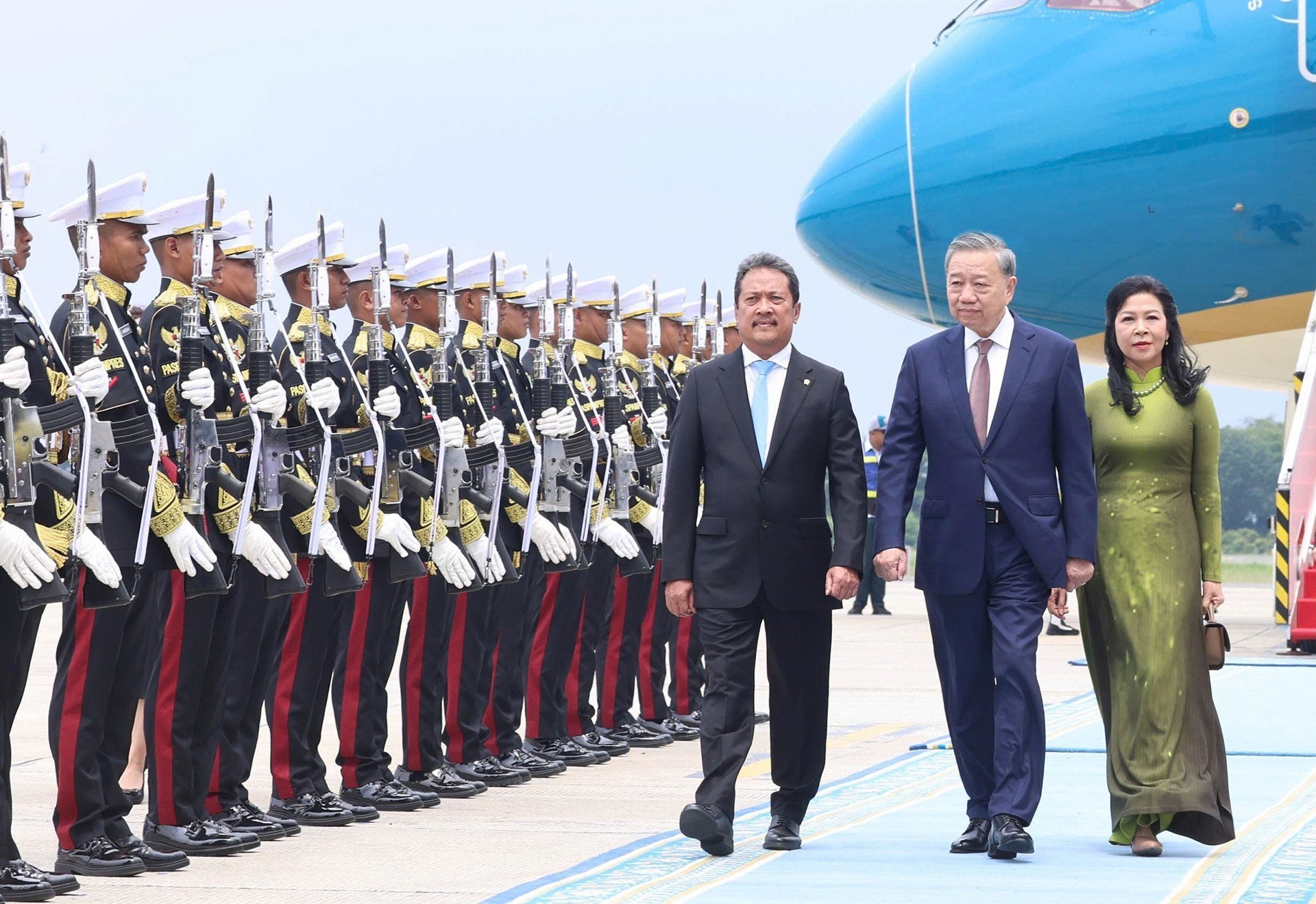
























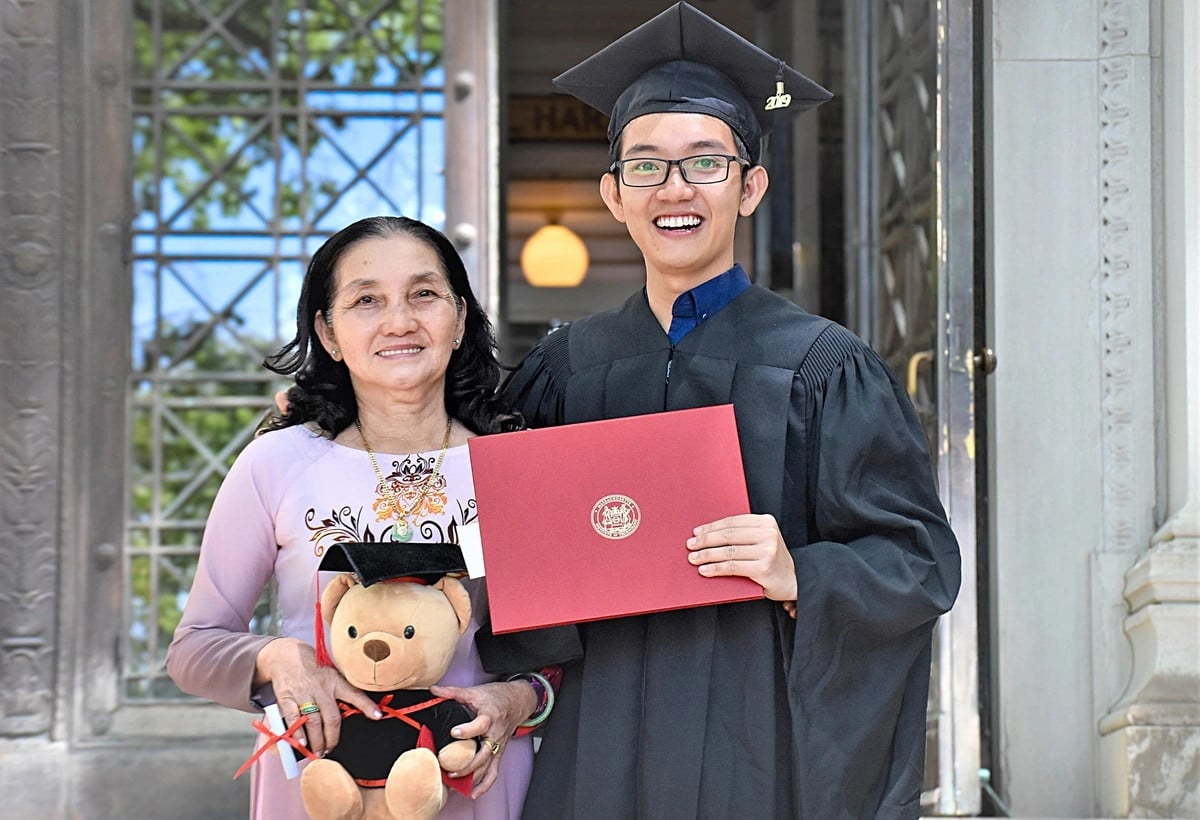











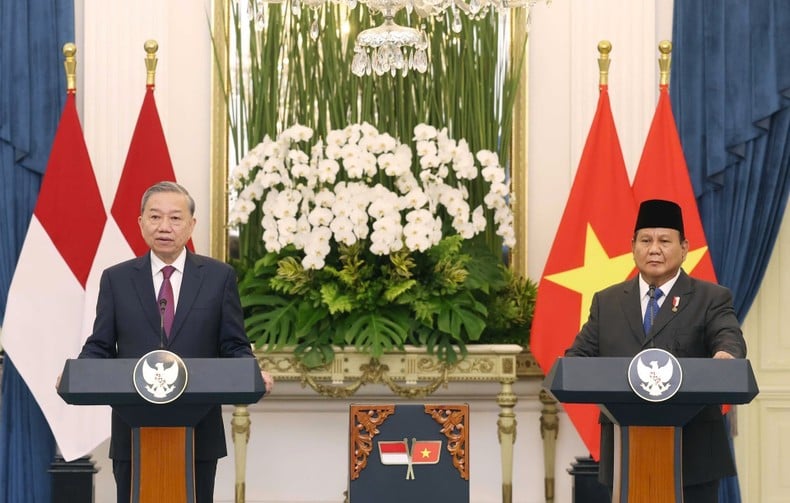


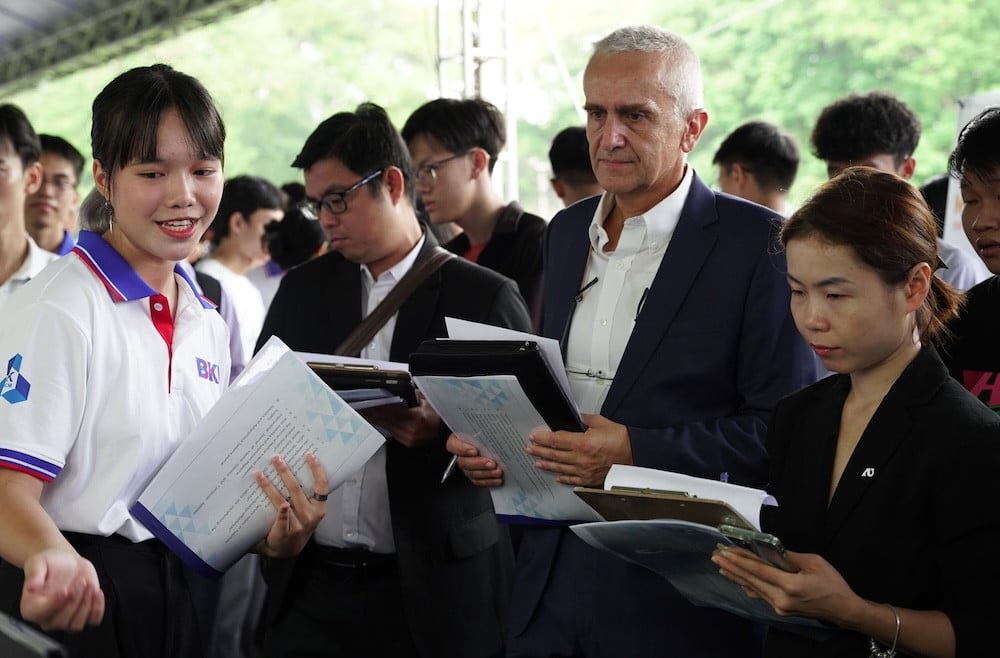























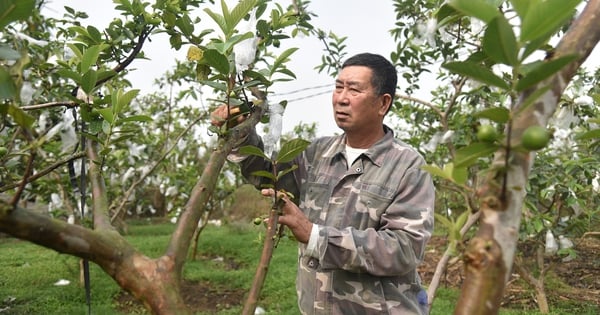
Comment (0)